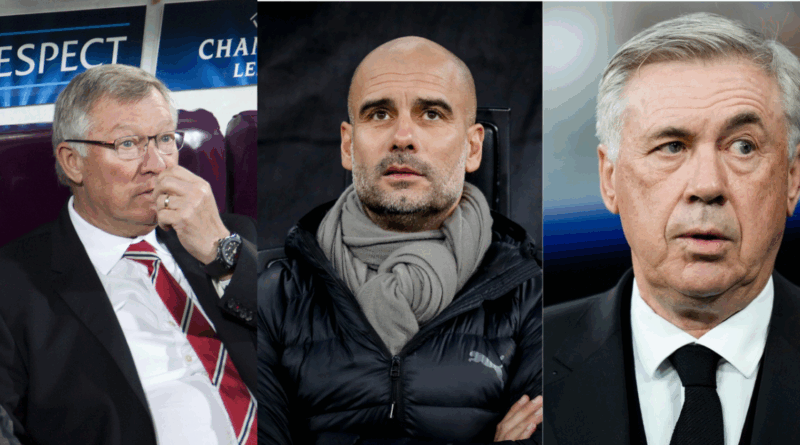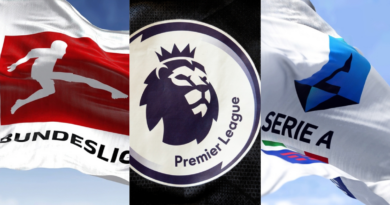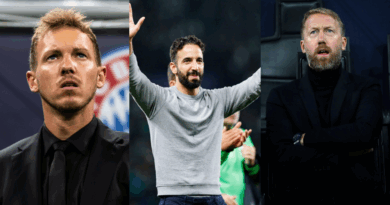The 50 Greatest Football Managers of All Time – Ranked
Football history isn’t just shaped by the players on the pitch—but also by the visionary minds on the sidelines. These 50 managers didn’t just win trophies; they defined eras, built dynasties, and changed the way the beautiful game is played. Here, we count down from 50 to 1, celebrating the masterminds who left the biggest mark on the sport.
50. Marcelo Bielsa
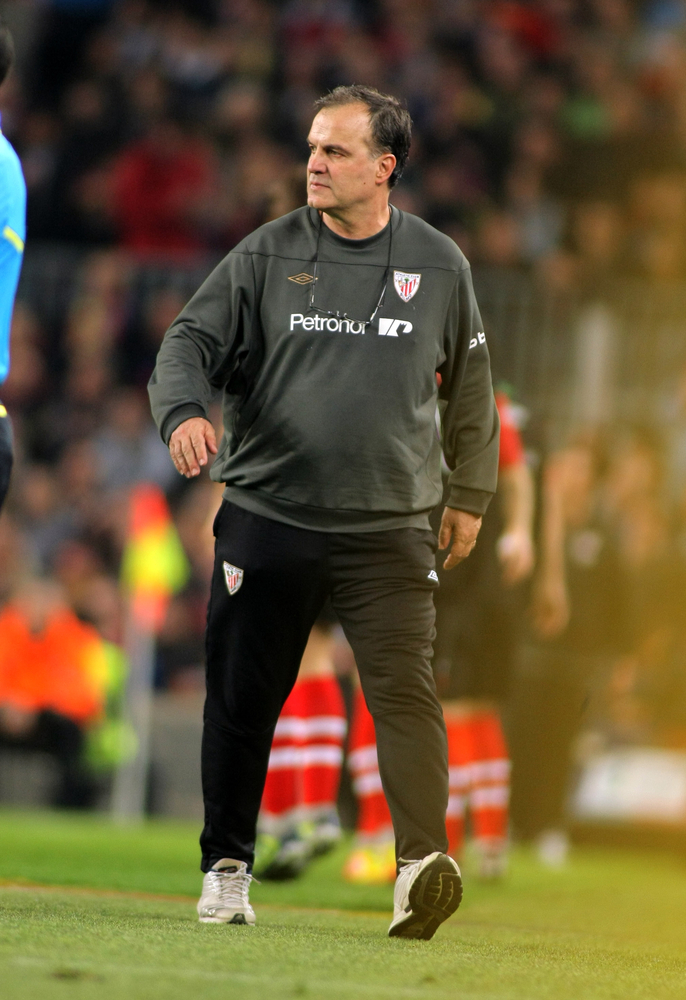
The Argentine coach is as famous for his innovative tactics as he is for his eccentric behavior. Bielsa’s influence spans generations, having inspired countless coaches including Pep Guardiola with his aggressive pressing and total football philosophy.
49. Vic Buckingham
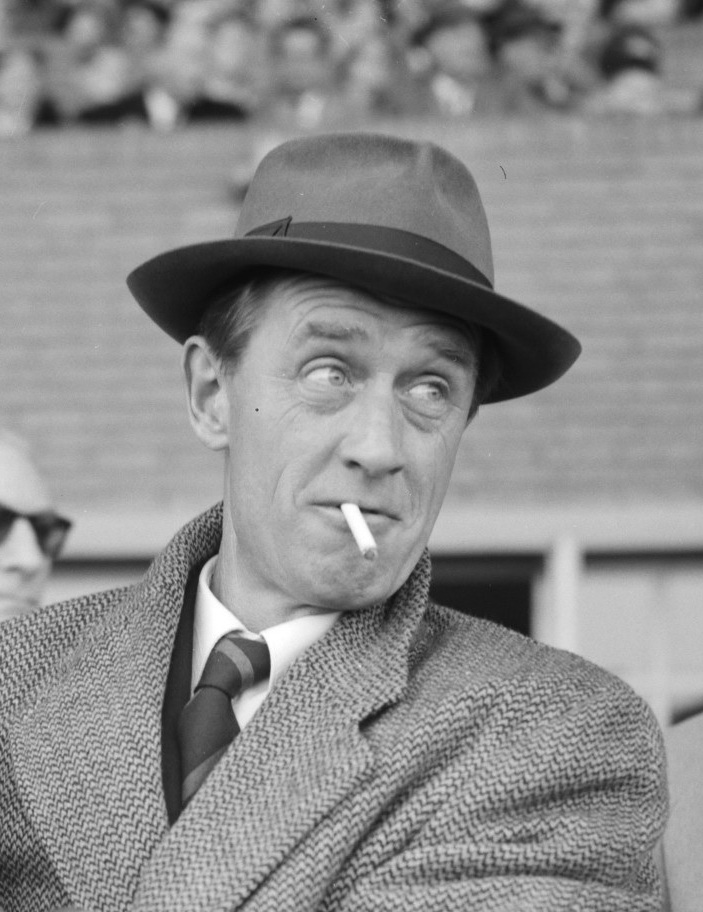
Often forgotten, Buckingham was a true pioneer who laid the foundation for total football. His coaching methods helped shape the careers of legends like Johan Cruyff, even though he remained underappreciated in his native England.
48. Claudio Ranieri
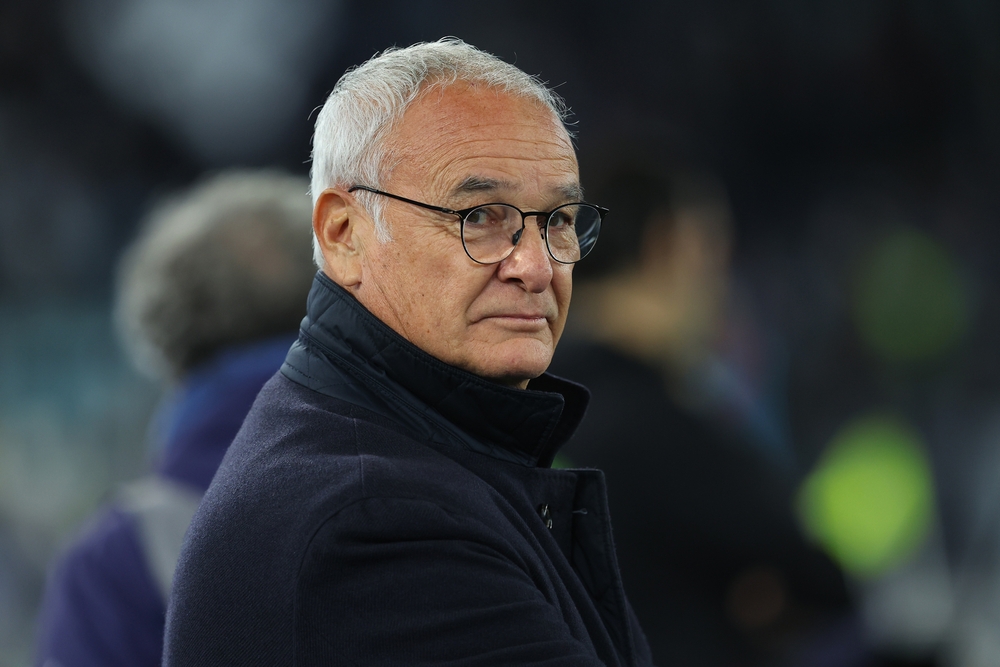
Ranieri orchestrated one of the greatest miracles in football history by guiding Leicester City to the Premier League title in 2016. Previously seen as a charming but inconsistent tinkerer, that triumph cemented his legacy among the elite.
Read also: The 10 Greatest Formula 1 Teams of All Time - Ranked
47. Bill Nicholson
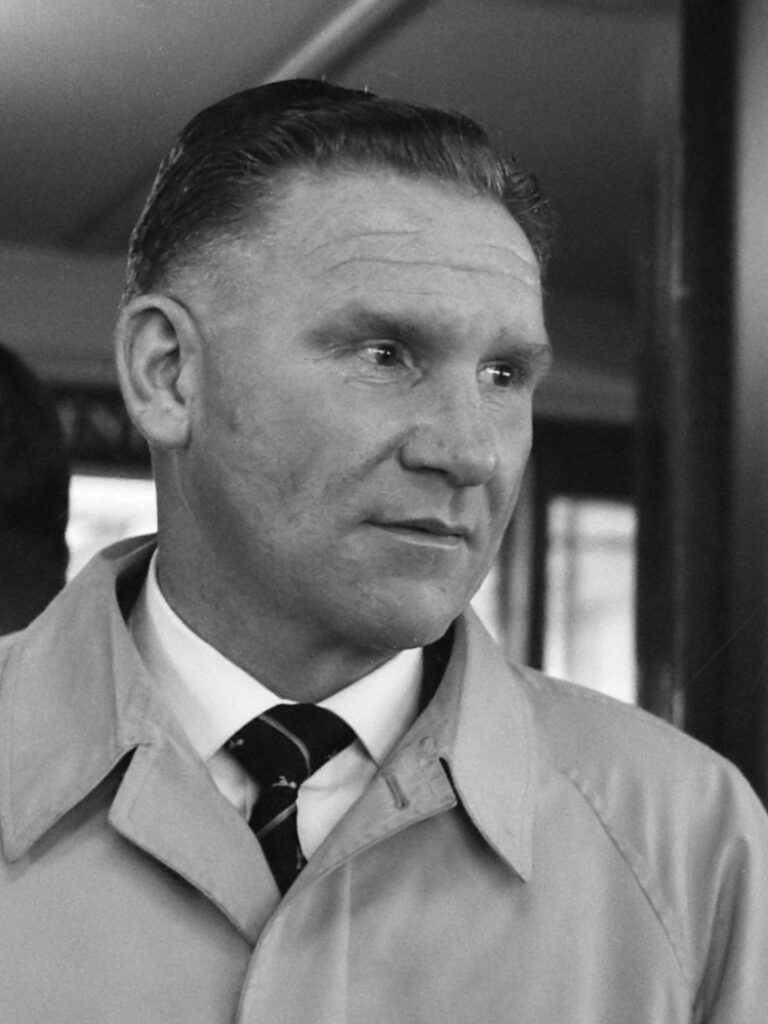
Nicholson led Tottenham to its golden era, winning the double in 1961 and eight trophies overall. His man-management and vision turned Spurs into a dominant force and earned him the title "Mr. Tottenham".
46. Sven-Göran Eriksson
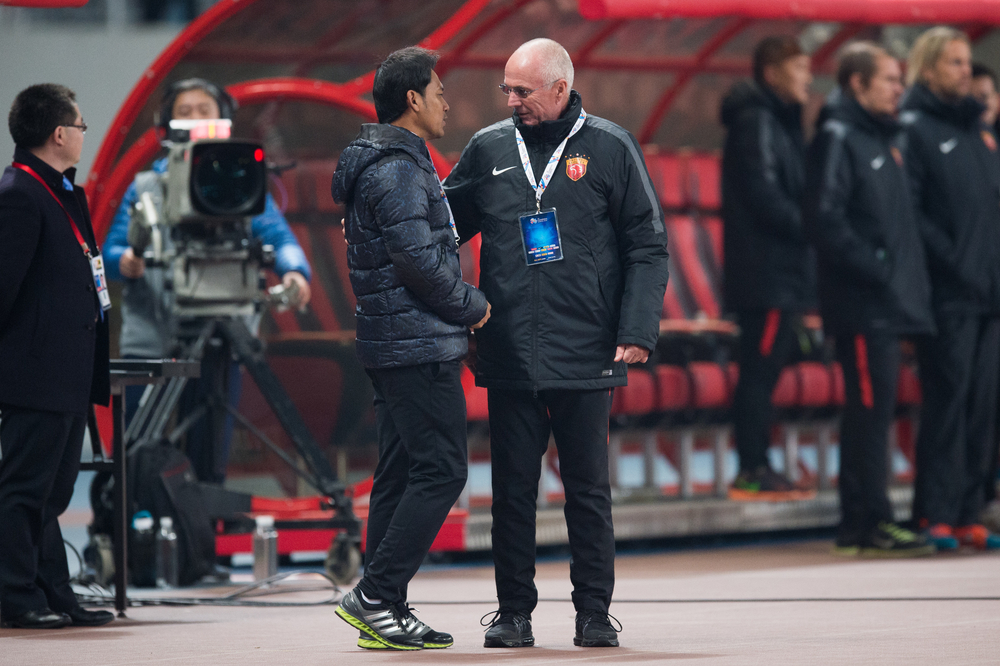
Before Gareth Southgate, Eriksson was England’s most successful manager of the 21st century. He found even greater success at club level, winning 18 trophies in Sweden, Portugal, and Italy—highlighted by a historic Serie A win with Lazio in 2000.
45. Unai Emery
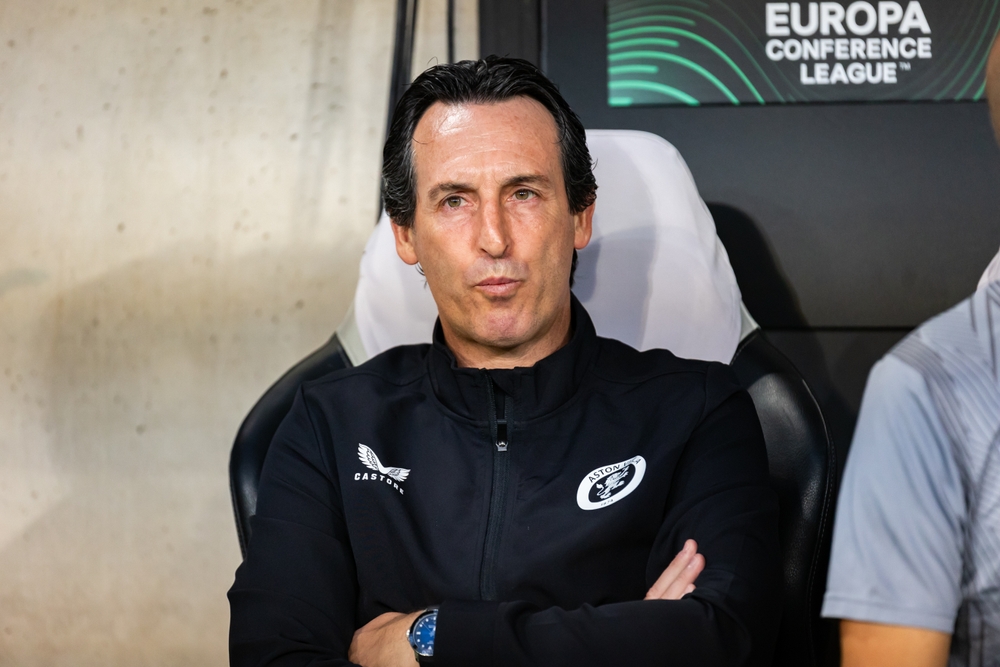
Emery has built a reputation as a master of the Europa League, winning it four times with Sevilla and Villarreal. His ability to maximize underdog squads, including his rejuvenation of Aston Villa, proves his tactical sharpness and resilience.
44. Sir Alf Ramsey
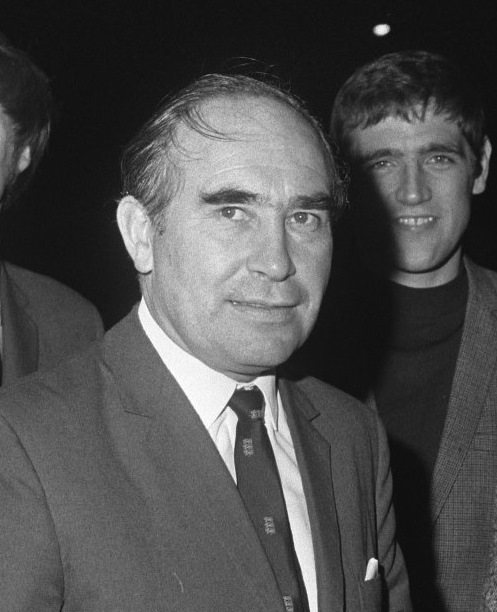
Ramsey was the architect of England’s only World Cup triumph in 1966. Known for his tactical innovation and stoic leadership, he revolutionized English football by introducing discipline and structure at the highest level.
Read also: The 15 Greatest Bundesliga Players of the 21st century – Ranked
43. Sir Kenny Dalglish
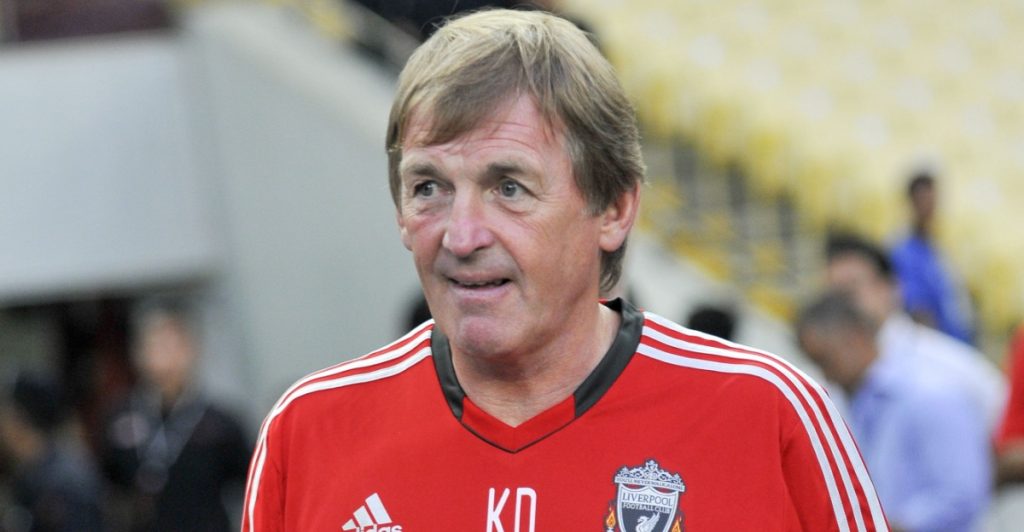
Dalglish was a Liverpool legend both as a player and manager, winning multiple league titles and domestic cups. But his greatest contribution was his strength and compassion during the Hillsborough tragedy, which earned him undying respect.
42. Antonio Conte
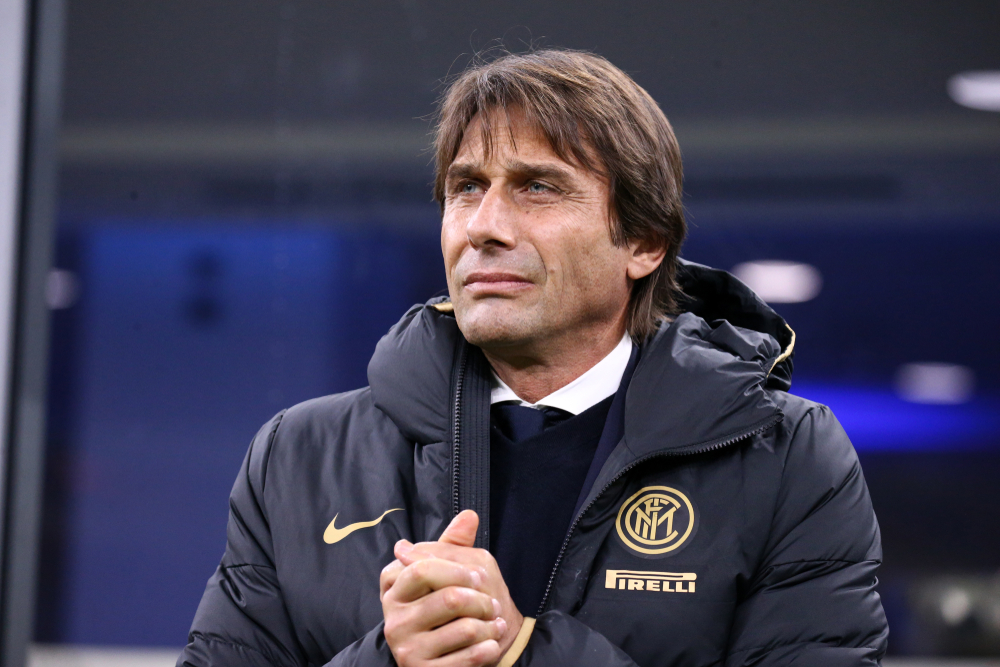
Conte revived Juventus after the Calciopoli scandal and led them to three straight Serie A titles. He later brought his dynamic 3-5-2 system to England, winning the Premier League in his debut season with Chelsea.
41. Massimiliano Allegri
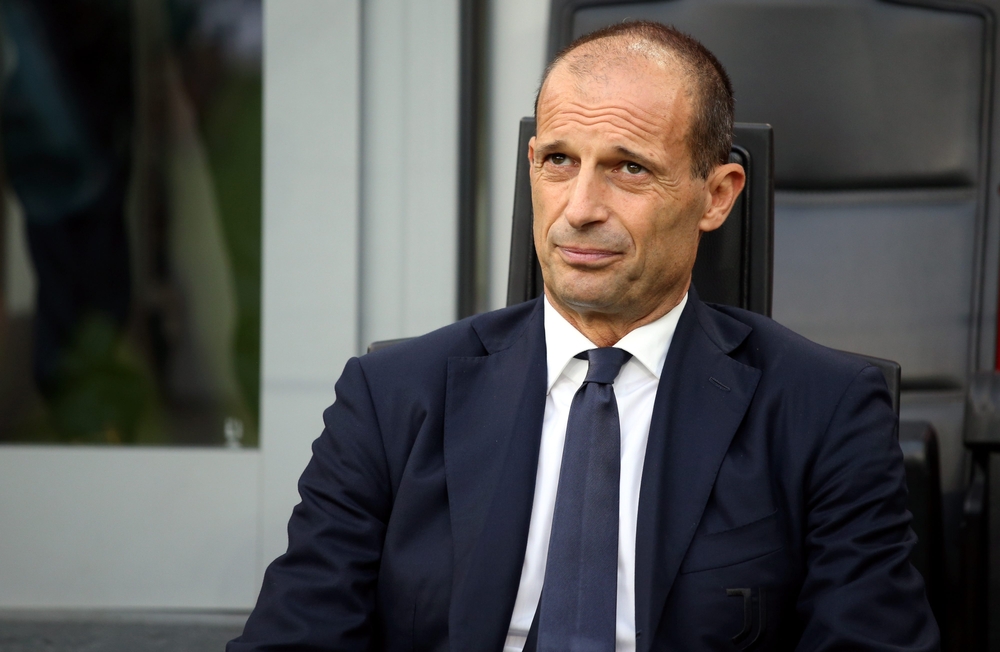
Allegri built on Conte’s foundation and turned Juventus into a domestic juggernaut, winning five consecutive Serie A titles. Though his second stint wasn’t as successful, he remains one of Italy’s top tactical minds.
40. Sir Bobby Robson
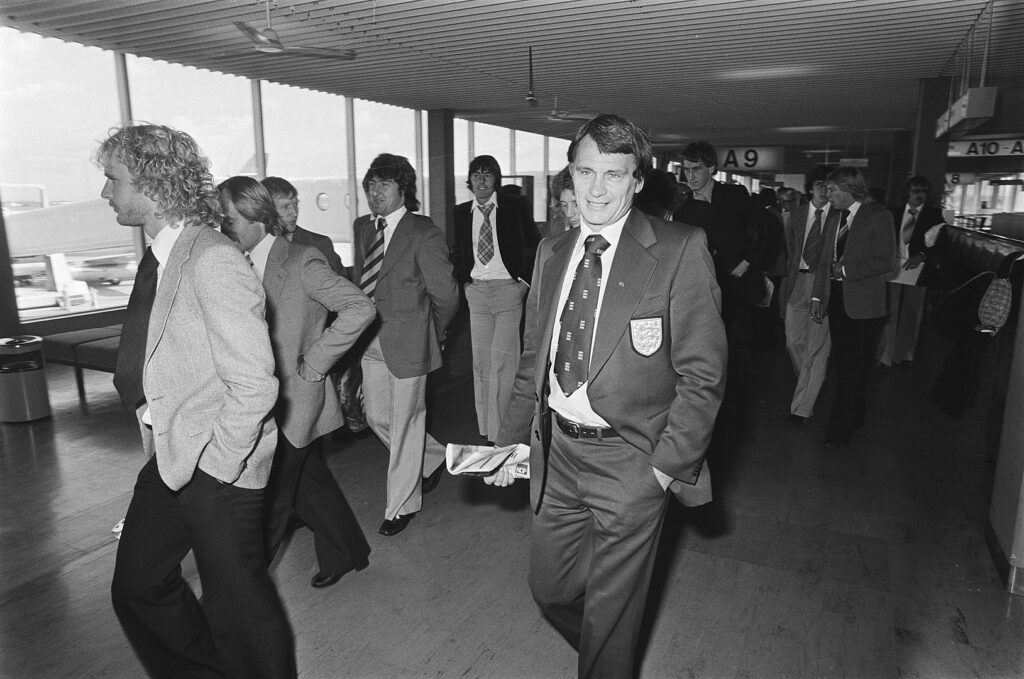
Robson was admired not only for his achievements with England, Barcelona, and Porto but also for his warmth and integrity. He inspired a generation with his charm and tactical acumen, leaving a lasting legacy across Europe.
Read also: The 10 Greatest Premier League Players of All Time – Ranked
39. Luis Aragonés
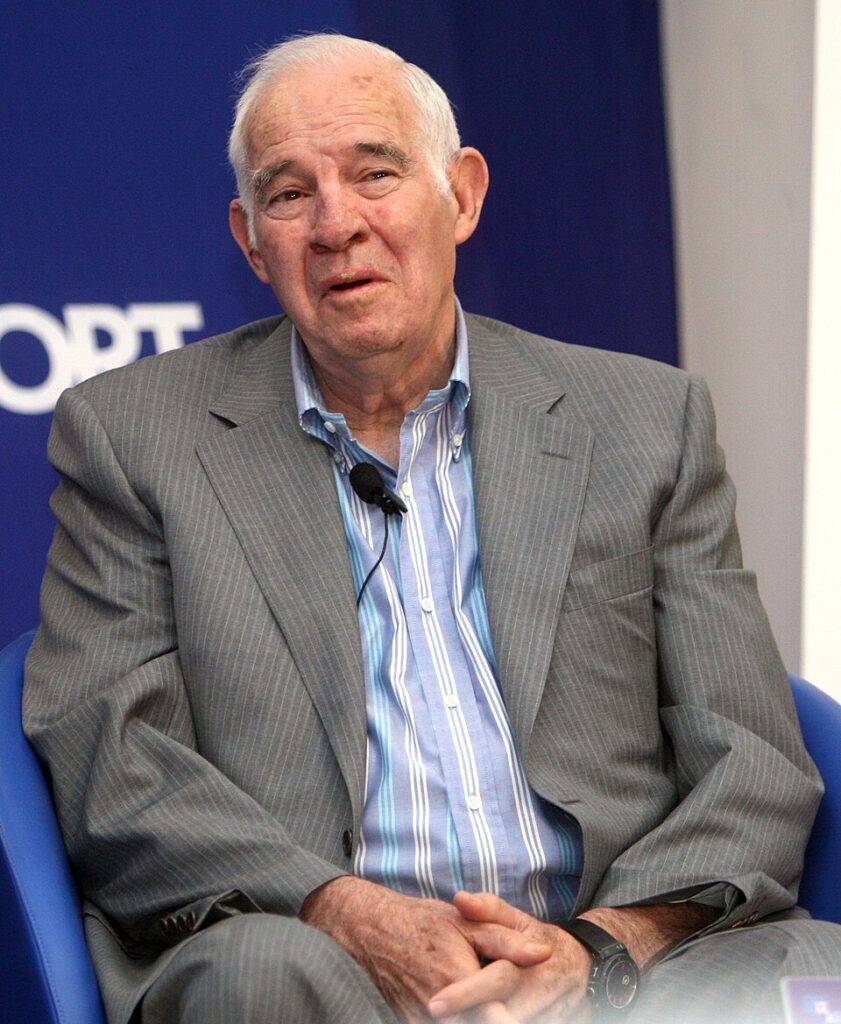
Aragonés laid the foundation for Spain’s golden era by transforming the national team’s identity. His Euro 2008 victory signaled the dawn of tiki-taka dominance, even as his legacy is clouded by controversial remarks.
38. Carlos Alberto Parreira
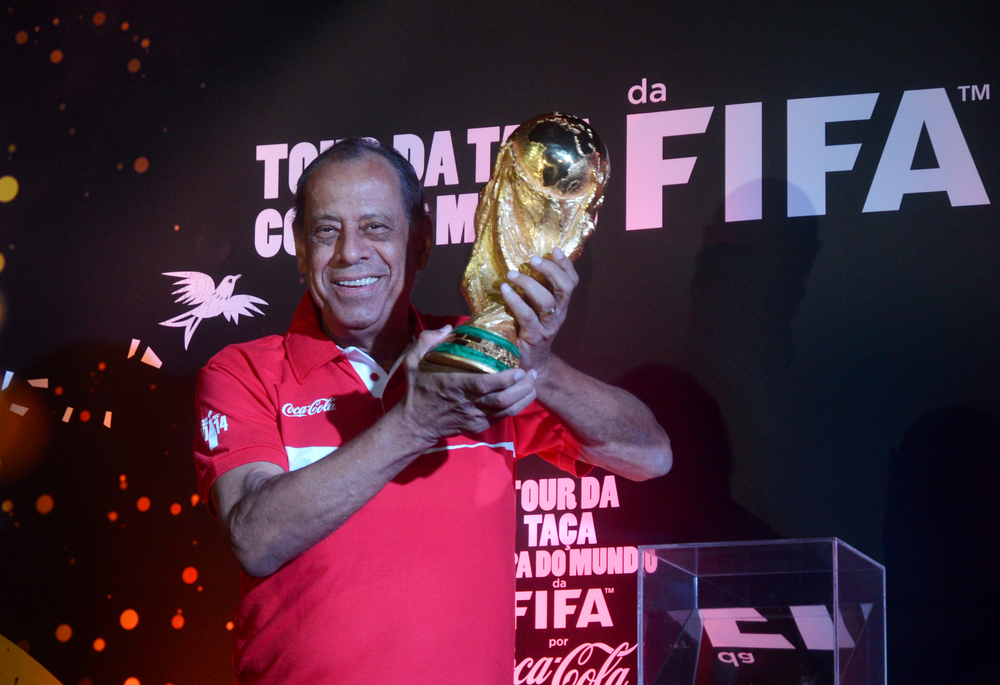
Parreira was a global football ambassador, managing six nations at the World Cup. His crowning achievement was leading Brazil to World Cup glory in 1994, proving his ability to unite talent and temperament.
37. Franz Beckenbauer
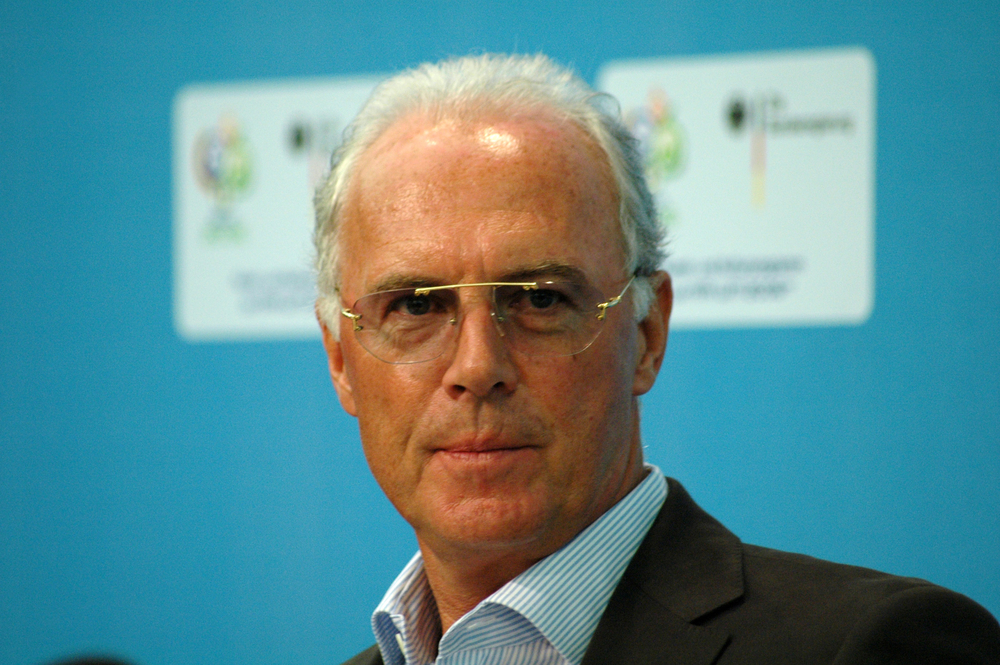
Though better known as a player, Beckenbauer achieved greatness as a manager too—leading Germany to a World Cup title in 1990 and winning domestic and European titles with Bayern Munich.
36. Vanderlei Luxemburgo
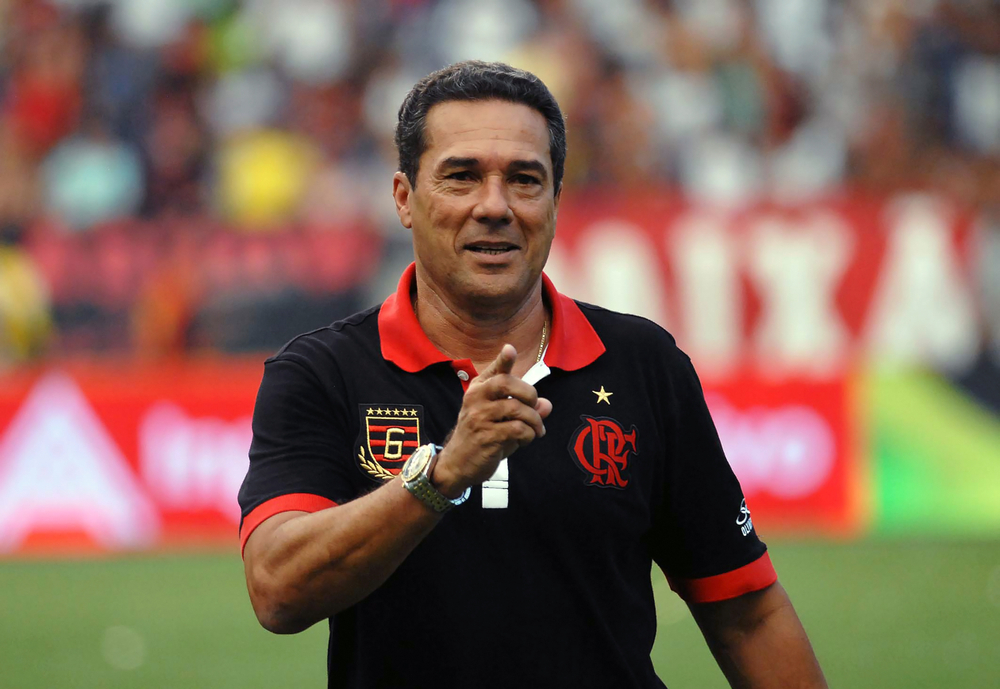
Once considered the brightest managerial mind in Brazilian football, Luxemburgo dominated the domestic scene in the 1990s and early 2000s. He won five Brasileirão titles and brought a sharp tactical mind and flair to every club he coached. Though his stint at Real Madrid was short-lived, his innovative approaches left a lasting influence on Brazilian coaching philosophy.
Read also: The 25 Best Right-Backs in World Soccer – Ranked
35. Rafael Benítez
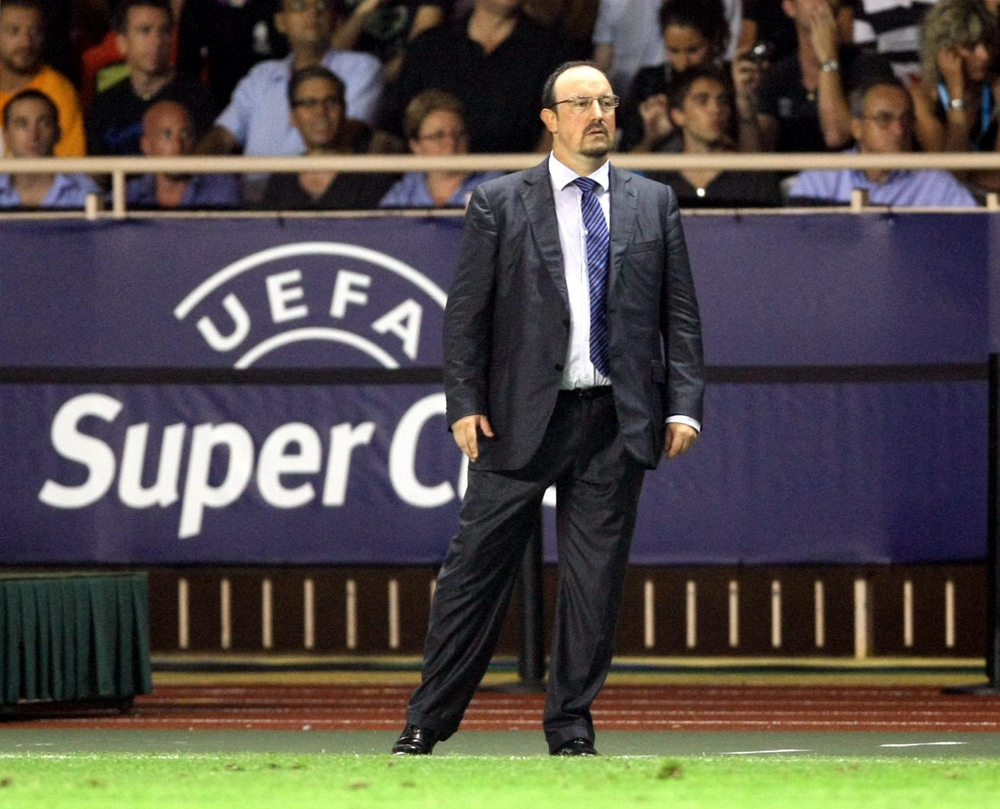
Benítez is one of the few managers to win La Liga with a team other than Real Madrid or Barcelona, doing so twice with Valencia. His Champions League win with Liverpool in 2005 sealed his reputation as a tactical genius.
34. Zinedine Zidane
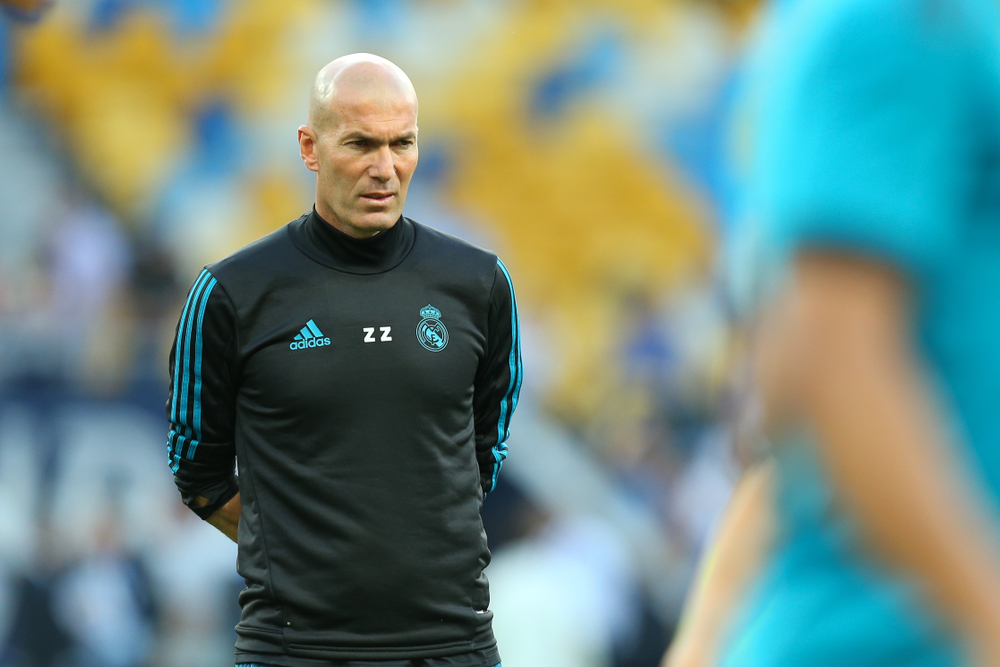
Zidane had a relatively short but extraordinarily successful spell at Real Madrid, winning three consecutive Champions League titles. His calm demeanor and tactical flexibility proved he was more than just a legendary player.
33. Luiz Felipe Scolari
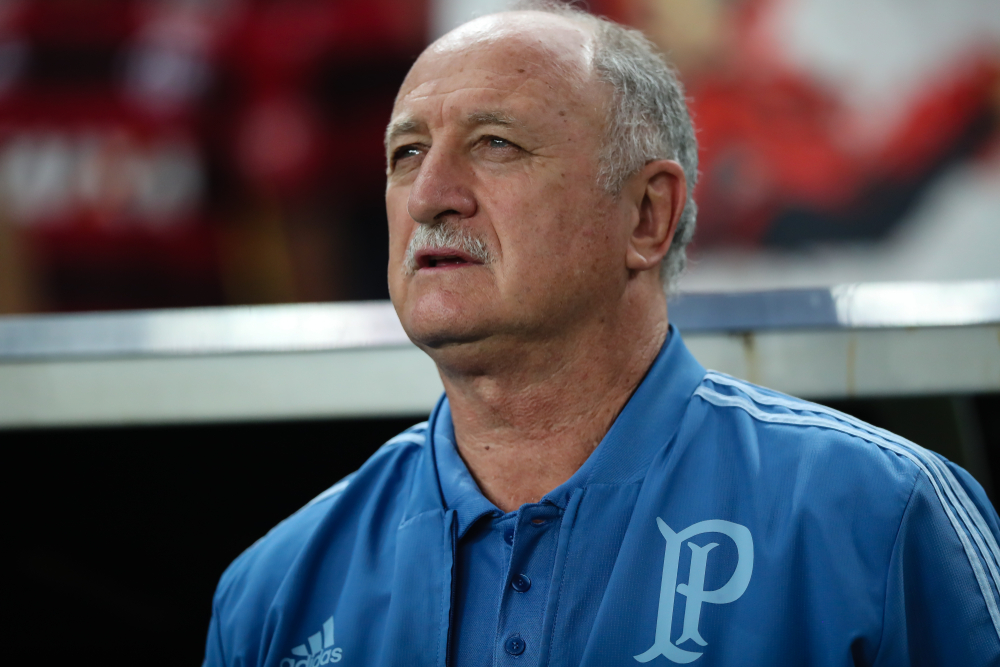
Scolari’s passion and charisma propelled Brazil to World Cup glory in 2002. Though his club career had highs and lows, his leadership with the national team defined his legacy.
32. Jupp Heynckes
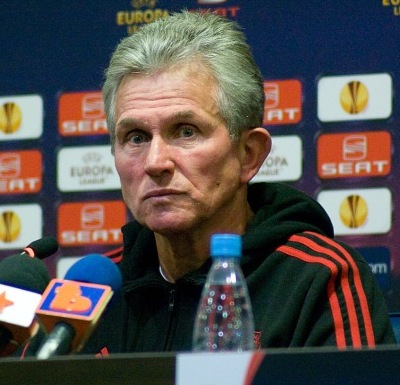
Heynckes masterminded Bayern Munich’s historic treble in 2013, creating one of the most dominant club sides of the century. He was revered for his tactical clarity and the trust he earned from elite players.
Read also: The 20 Biggest Legends in Football History – Ranked
31. Udo Lattek
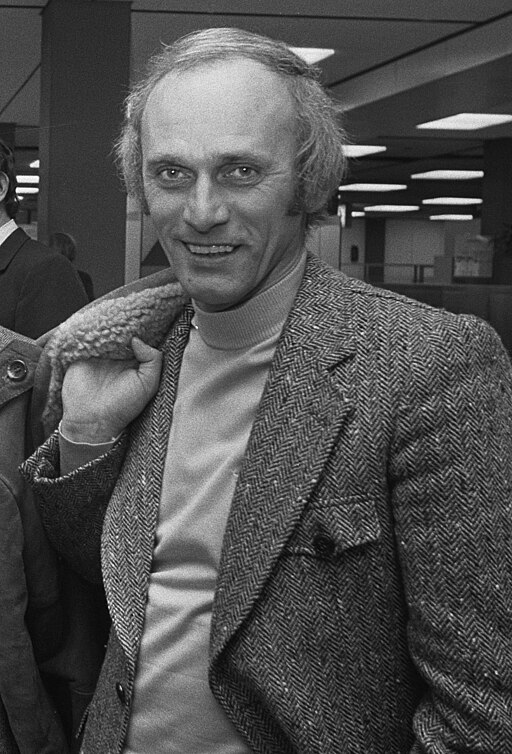
Lattek won trophies with Bayern Munich, Borussia Mönchengladbach, and Barcelona—becoming the only manager to lift all three major European trophies with different clubs. His consistent success made him a Bundesliga legend.
30. Jock Stein
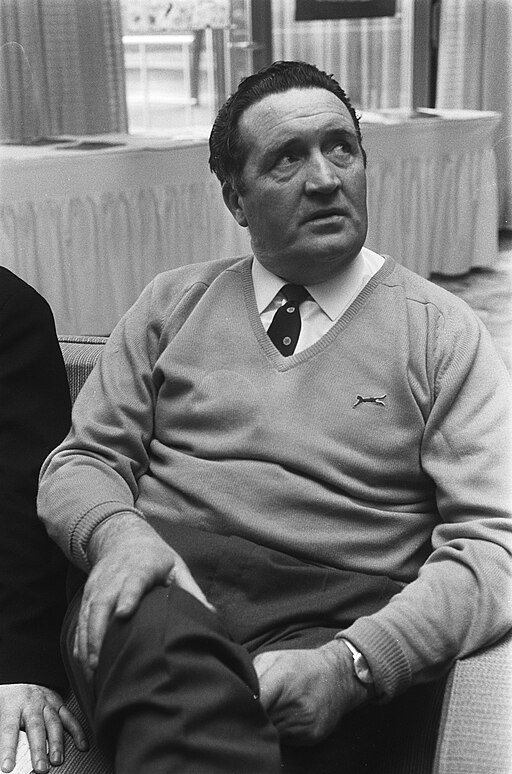
Stein transformed Celtic into European champions and ten-time Scottish league winners. Perhaps most importantly, he was a mentor to Sir Alex Ferguson and helped shape modern Scottish football.
29. Vittorio Pozzo
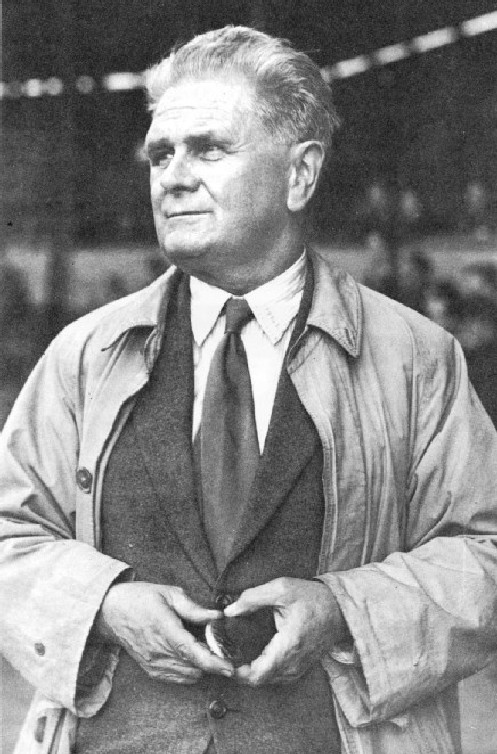
Pozzo remains the only manager to win back-to-back World Cups, leading Italy to triumph in 1934 and 1938. His success is still shadowed by the political context of the time, but his footballing achievement is undisputed.
28. Jürgen Klopp
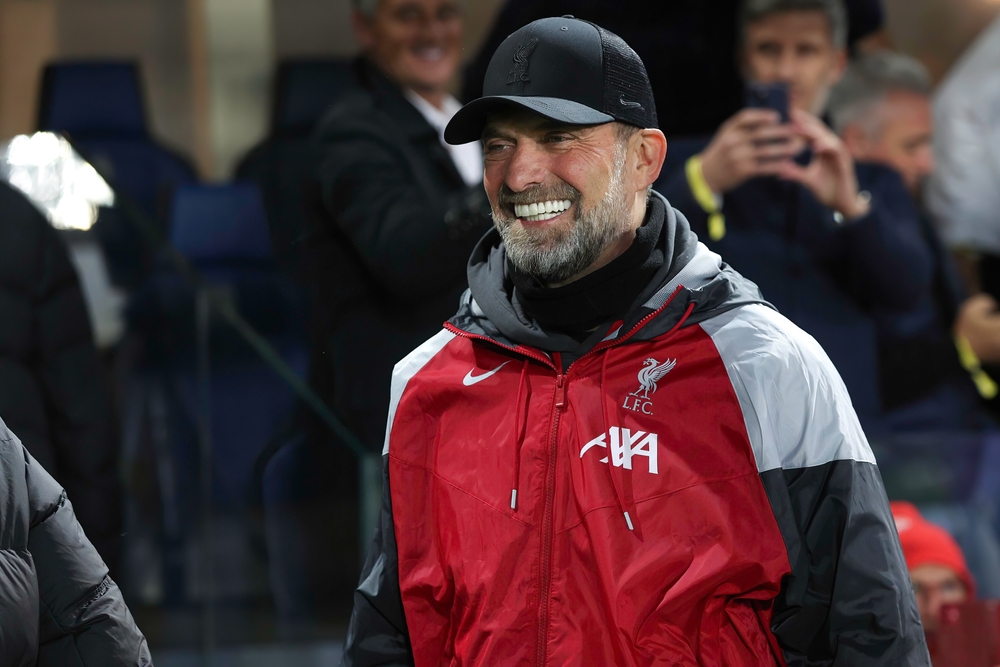
Klopp revived Borussia Dortmund and later transformed Liverpool into Champions League and Premier League winners. His high-intensity gegenpressing style changed the landscape of European football and became a tactical model for many clubs.
27. Mário Zagallo
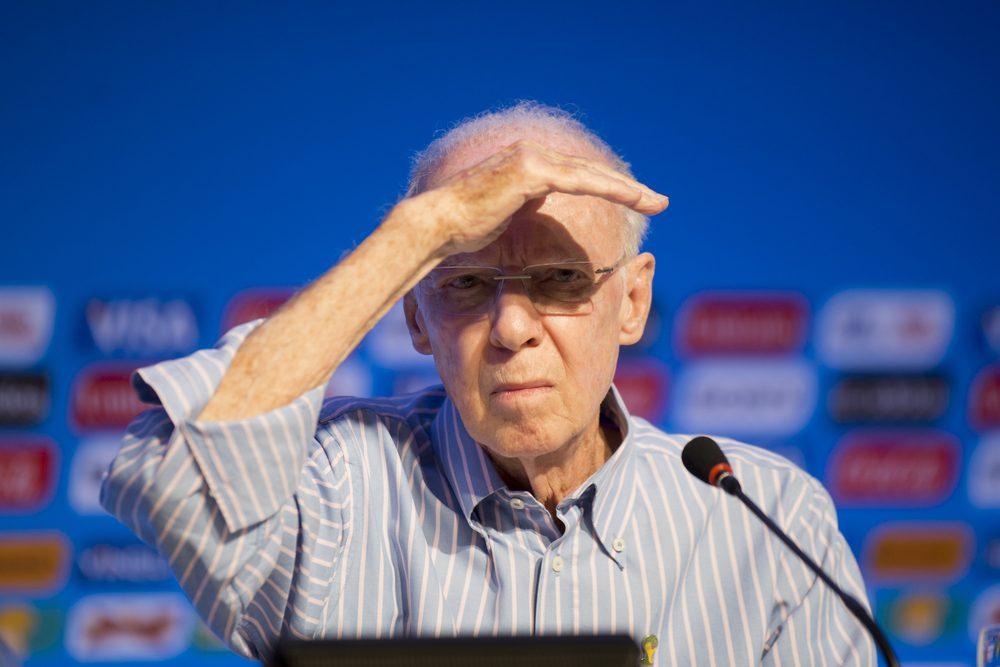
Zagallo is the embodiment of Brazilian football excellence, winning World Cups as both a player and a manager. His 1970 Brazil side, featuring Pelé and Rivellino, is still considered one of the most beautiful teams the game has ever seen.
26. Béla Guttmann
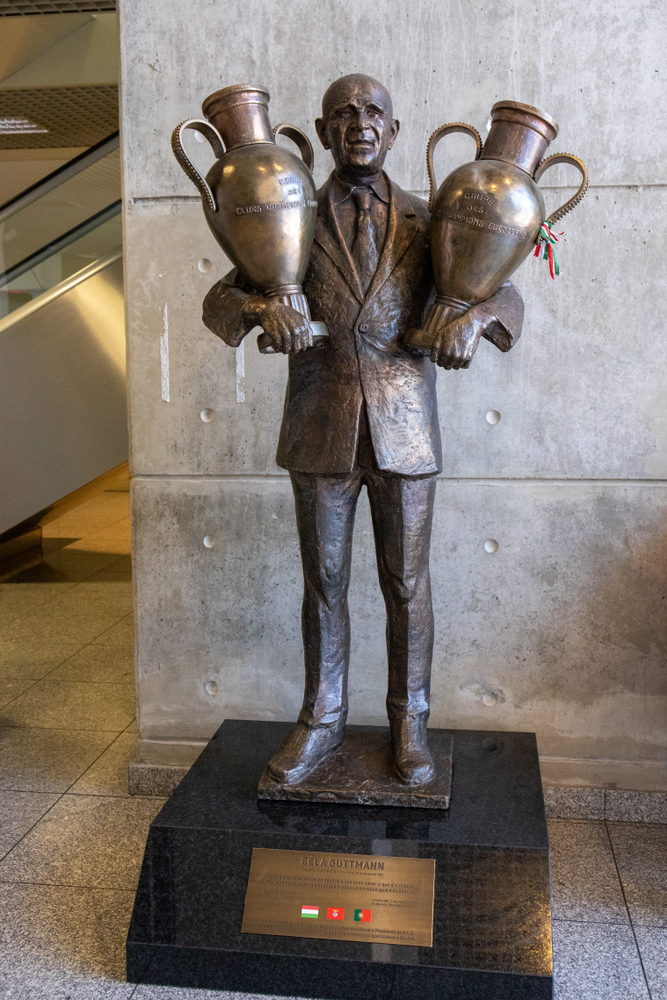
Guttmann was a visionary and a character, famous for his success and his so-called curse on Benfica. A European Cup winner and tactical innovator, his influence remains legendary and his myth continues to haunt the football world.
25. Valeriy Lobanovskyi
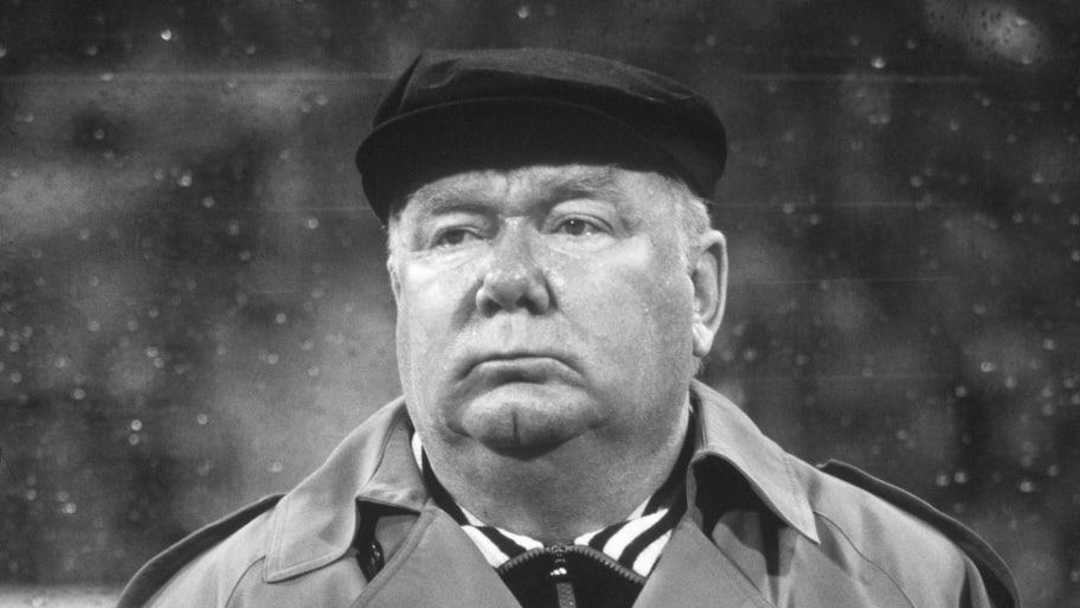
Lobanovskyi combined science with sport to make Dynamo Kyiv a powerhouse and the USSR a force on the world stage. His analytical approach to team dynamics influenced modern coaching far beyond Eastern Europe.
24. Louis van Gaal
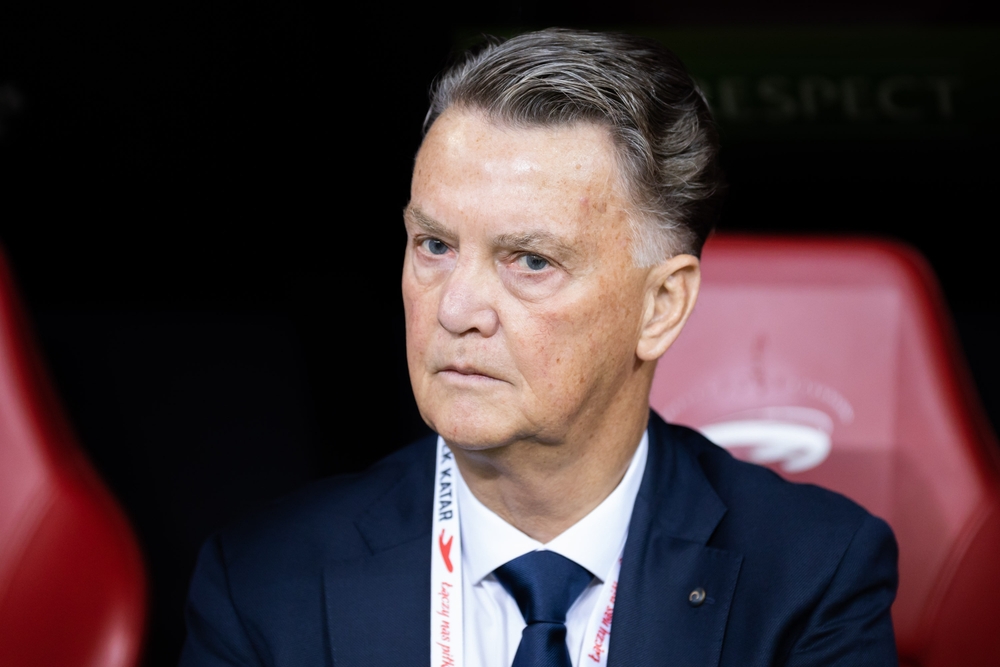
Van Gaal managed Ajax, Barcelona, Bayern Munich, and Manchester United, always demanding discipline and precision. He introduced countless young talents to the world stage and built teams rooted in intelligent positional play.
23. Otto Rehhagel
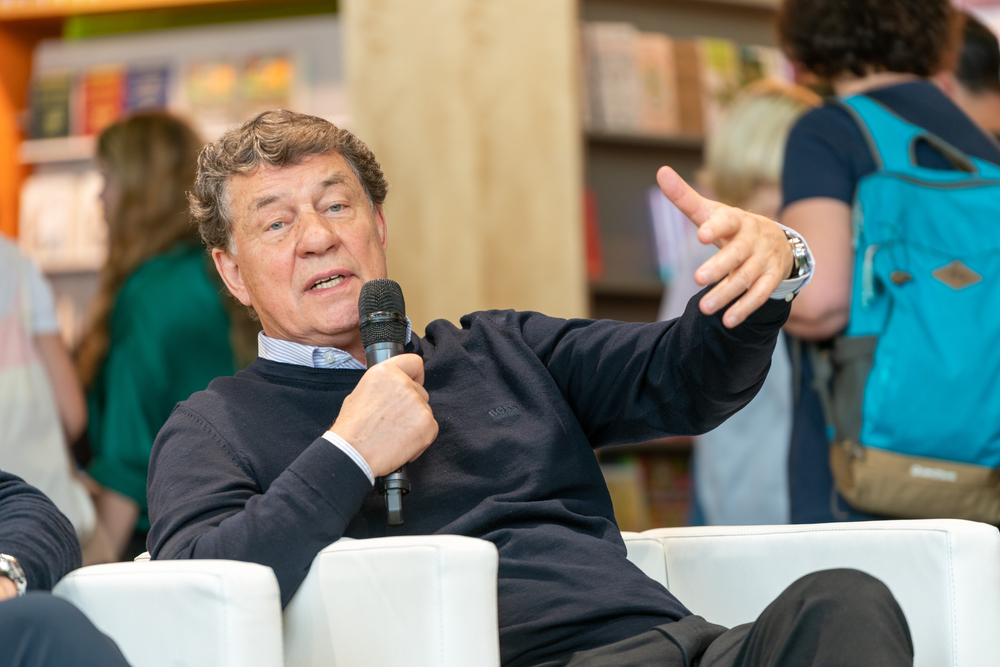
Rehhagel shocked the world by leading Greece to victory at Euro 2004 with defensive brilliance and tactical discipline. Known for turning underdogs into champions, he also enjoyed domestic success in Germany with Werder Bremen and Kaiserslautern.
22. Telê Santana
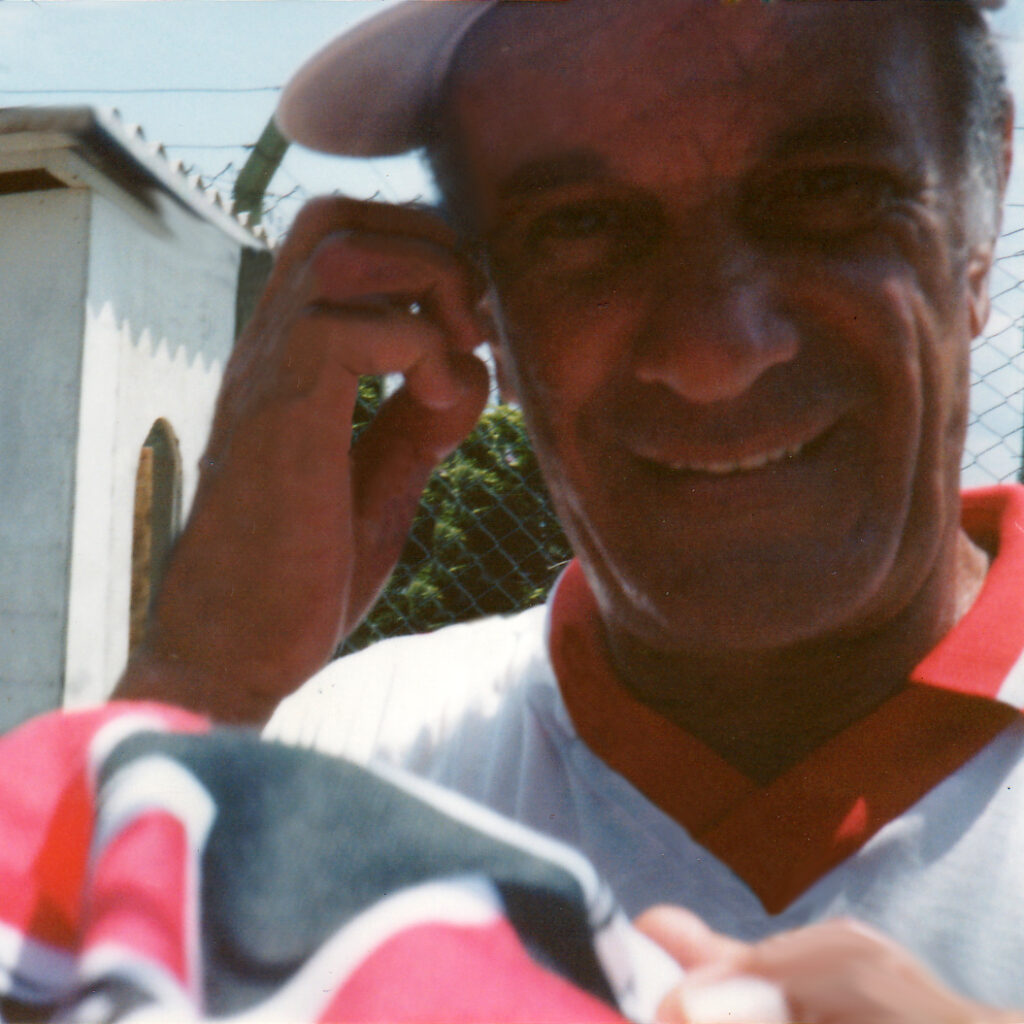
Santana promoted attacking flair and beautiful football, especially with Brazil’s iconic 1982 World Cup team. Though he didn’t win internationally, his commitment to the aesthetic of the game left a lasting impression.
21. Vicente del Bosque

Del Bosque oversaw Spain’s most successful era, winning the 2010 World Cup and Euro 2012. Known for his calm demeanor and player-first philosophy, he managed star-filled squads without ego clashes, letting tiki-taka flourish.
20. Bill Shankly
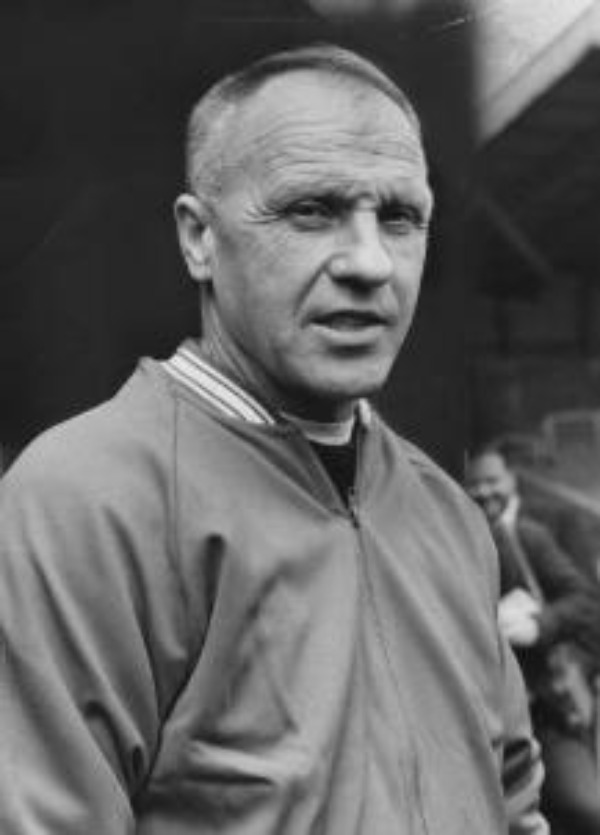
Shankly rebuilt Liverpool from the second division into a dominant force in English football. His passion, leadership, and foundational vision set the stage for the club’s domestic and European dominance in the decades to follow.
19. Ottmar Hitzfeld
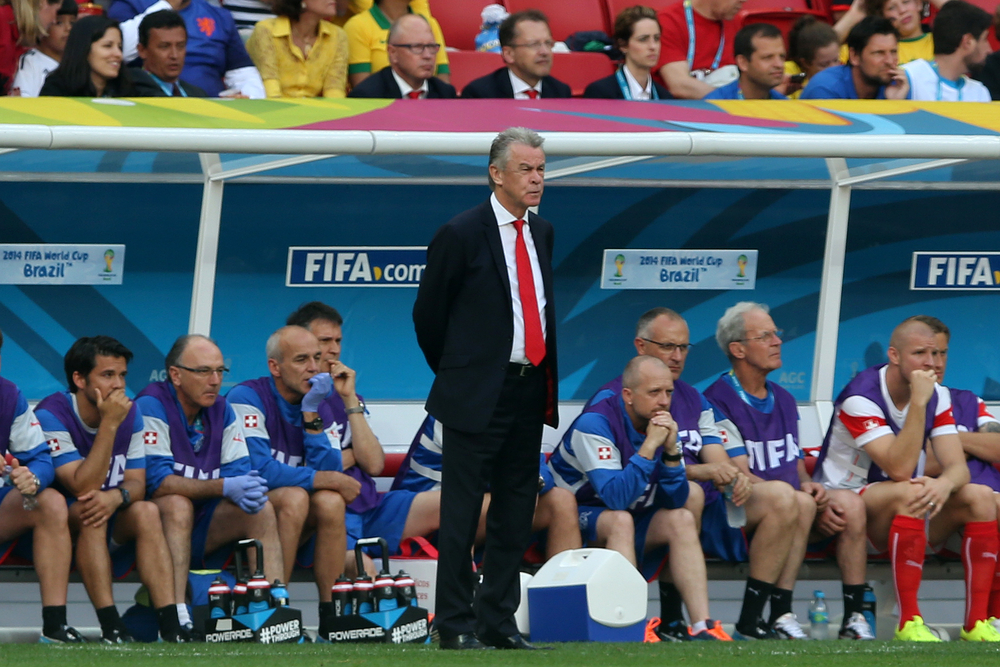
Hitzfeld won Champions League titles with both Borussia Dortmund and Bayern Munich, a rare feat. His intelligence and authority earned him legendary status in German football, where he remains one of the most respected figures.
18. Arsène Wenger
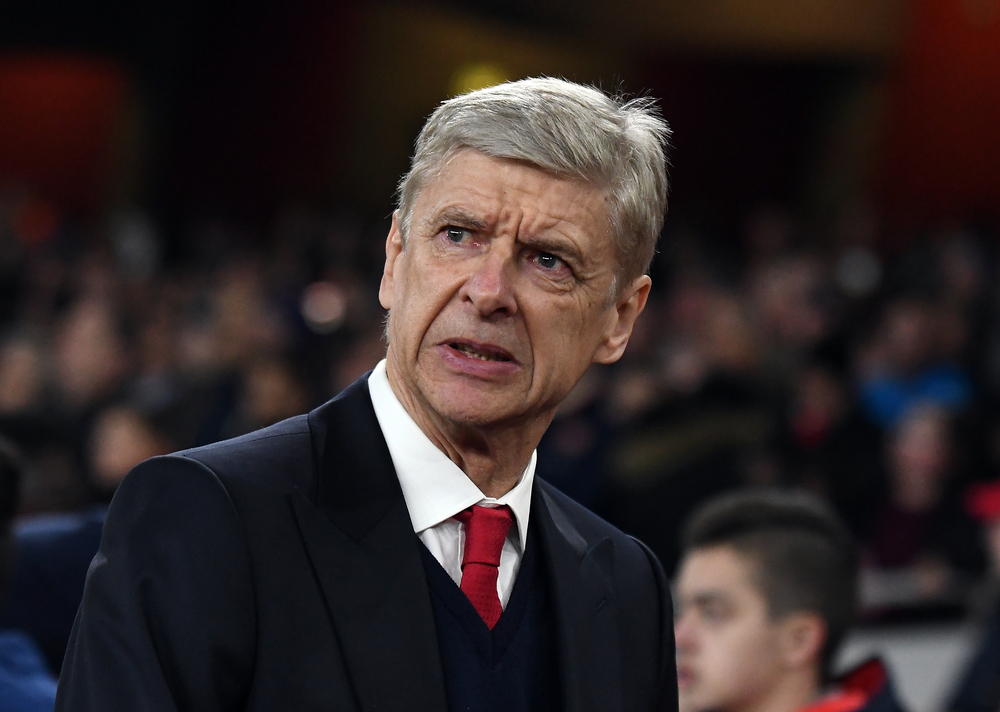
Wenger revolutionized English football by combining French flair with a focus on diet, training, and scouting. His 2003–04 "Invincibles" Arsenal side became immortal, and his commitment to developing young talent reshaped the Premier League.
17. Miguel Muñoz
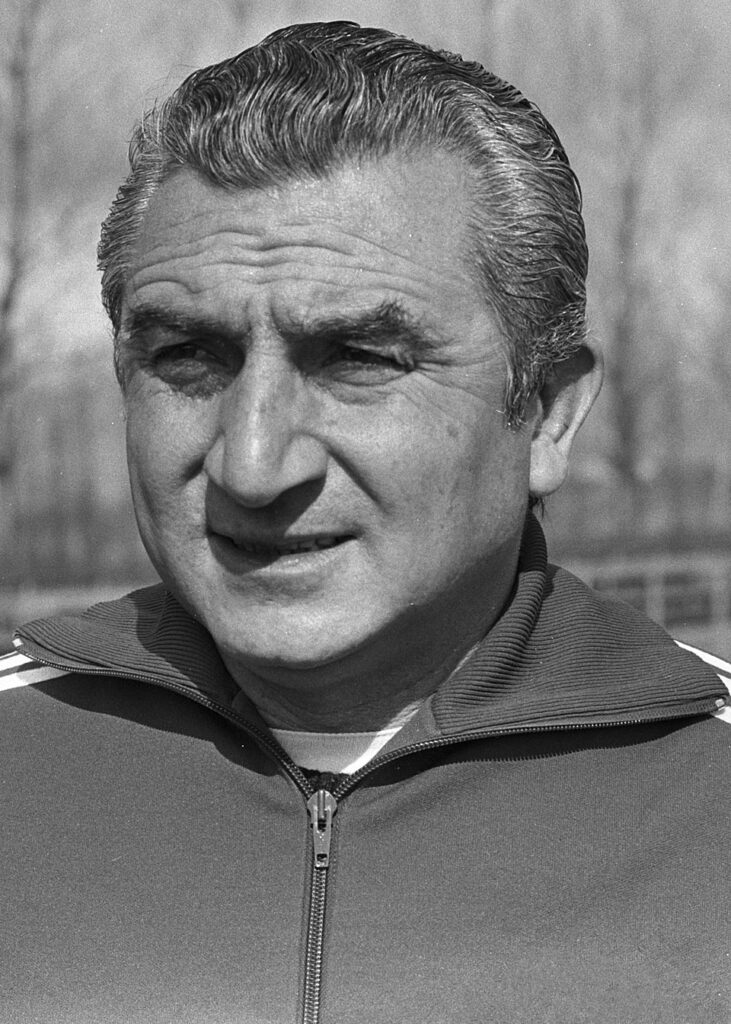
Muñoz successfully transitioned Real Madrid from the Di Stéfano era to a new generation without missing a beat. He won multiple European Cups and La Liga titles, establishing himself as one of the club’s most revered figures.
16. Fabio Capello
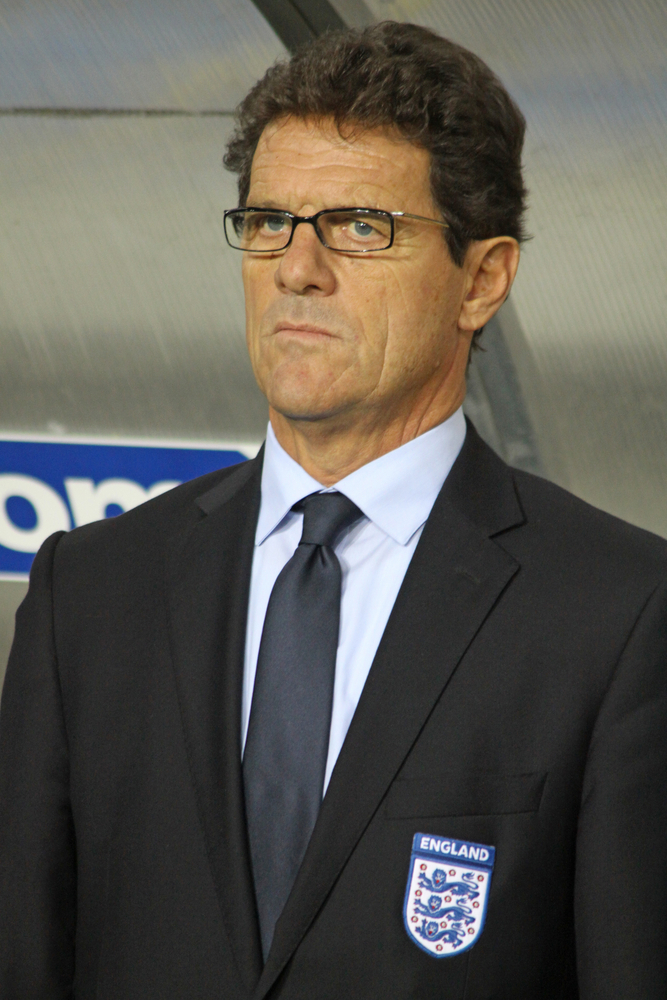
Capello brought tactical rigor to AC Milan and Real Madrid, dominating Serie A and La Liga. Though his England spell was less celebrated, his club success—especially Milan's unbeaten 1991–92 season—speaks volumes.
15. Brian Clough
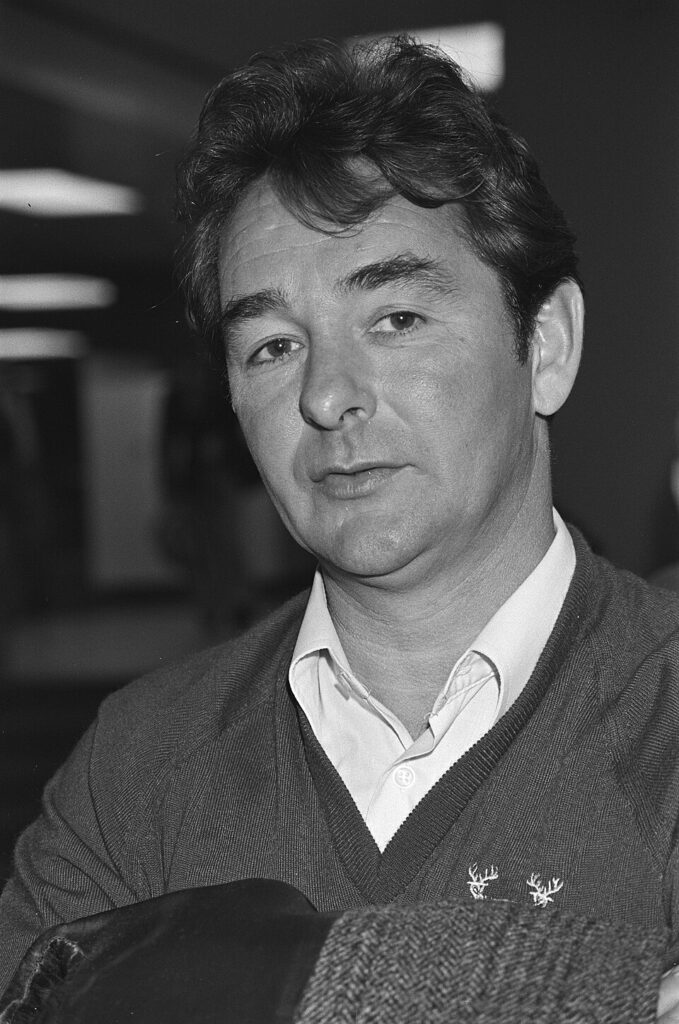
Clough's greatest achievement was winning back-to-back European Cups with Nottingham Forest, a feat no other English club has matched. His outspoken nature and underdog triumphs made him one of football’s most unique icons.
14. Nereo Rocco
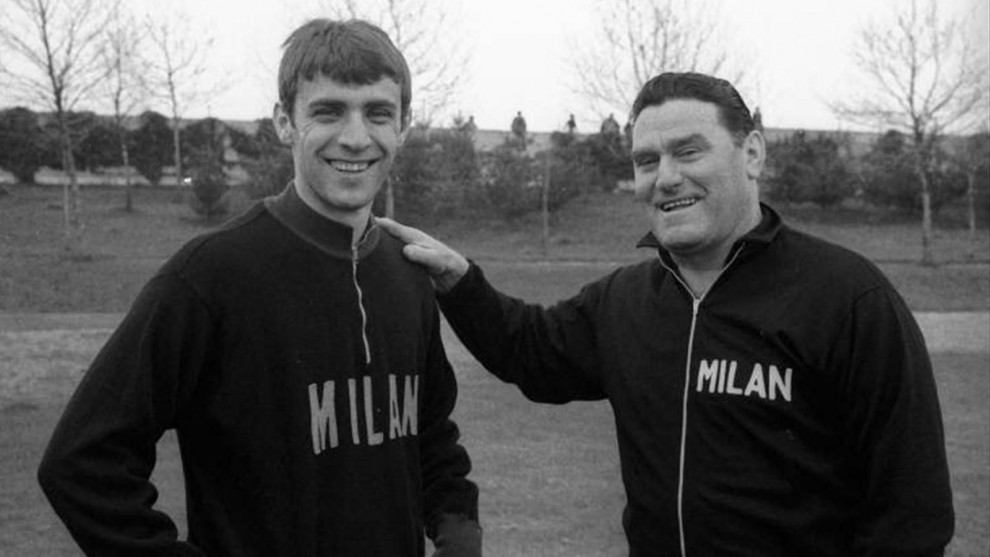
Rocco pioneered Italian catenaccio, blending pragmatism with attacking verve at AC Milan. Often misunderstood as purely defensive, his teams were more nuanced and won consistently at home and in Europe.
13. Carlo Ancelotti
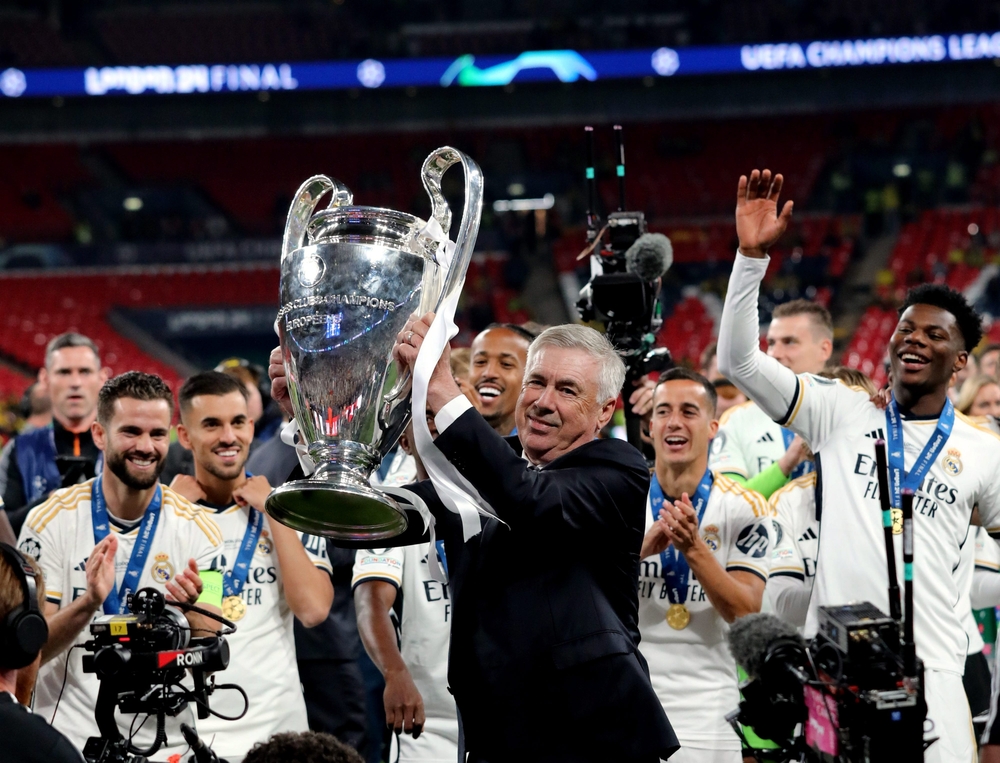
Ancelotti is the calm behind some of football’s stormiest clubs, known for handling big egos with elegance. A four-time Champions League winner, he has succeeded across multiple leagues thanks to his flexibility and human touch.
12. Sir Matt Busby
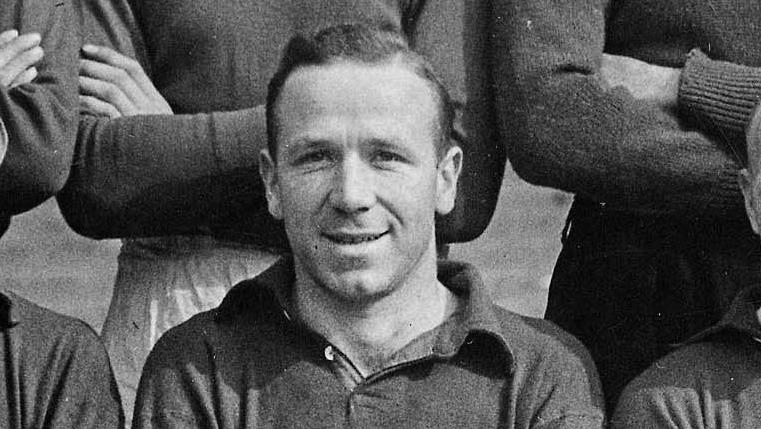
Busby built Manchester United from the ashes of WWII and the Munich Air Disaster into European champions. His belief in youth paved the way for future generations, including the iconic Busby Babes and beyond.
11. Marcello Lippi
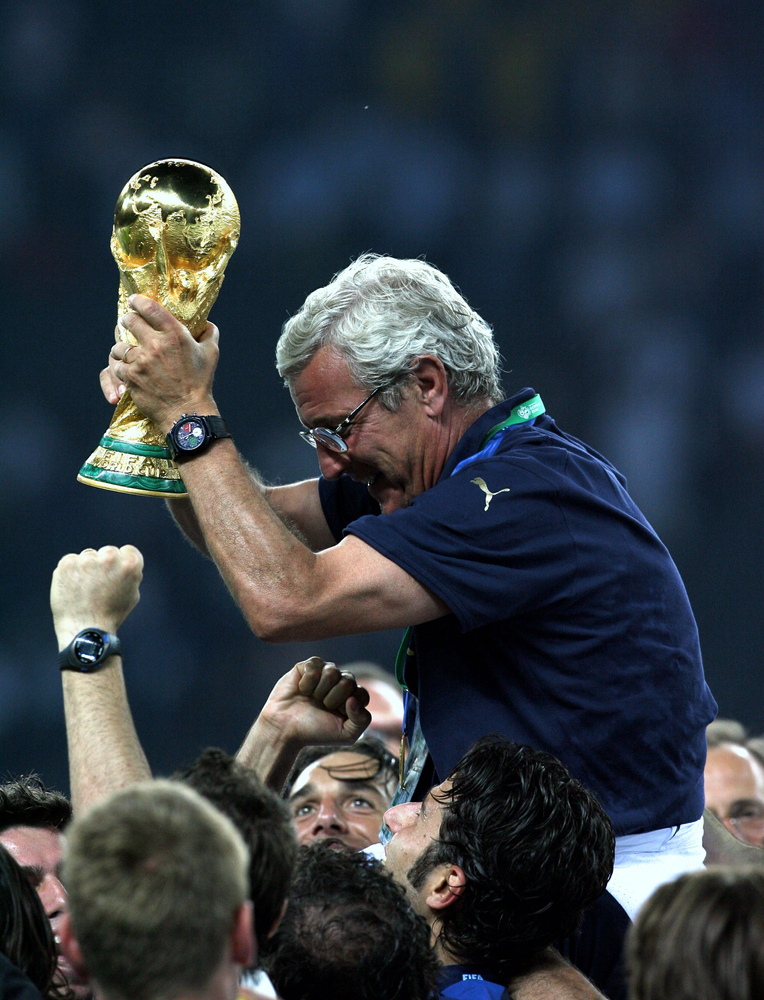
Lippi laid the foundation with Juventus and led Italy to World Cup glory in 2006. His blend of tactical structure and motivational strength made him one of the greatest Italian coaches of all time.
10. Bob Paisley
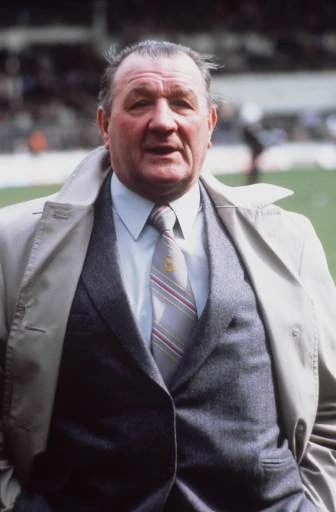
Paisley succeeded Bill Shankly and took Liverpool to even greater heights, winning six league titles and three European Cups in just nine years. His calm approach masked a razor-sharp footballing mind.
9. José Mourinho
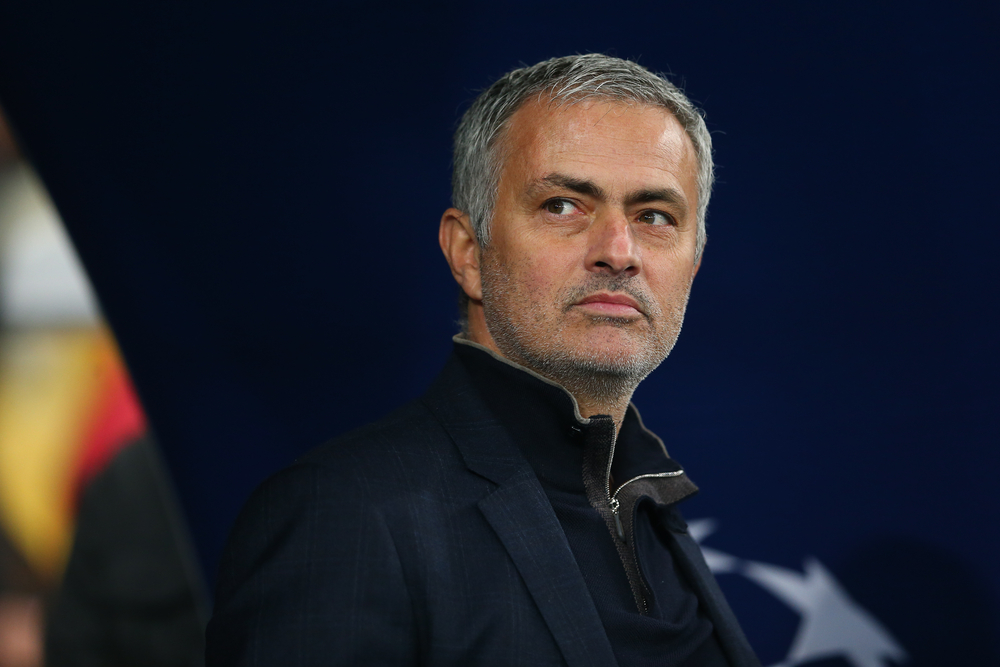
Mourinho’s tactical genius brought success wherever he went—from Porto’s Champions League miracle to Inter’s treble and Chelsea’s dominance. A master of mind games and defensive solidity, he defined an era of elite management.
8. Helenio Herrera
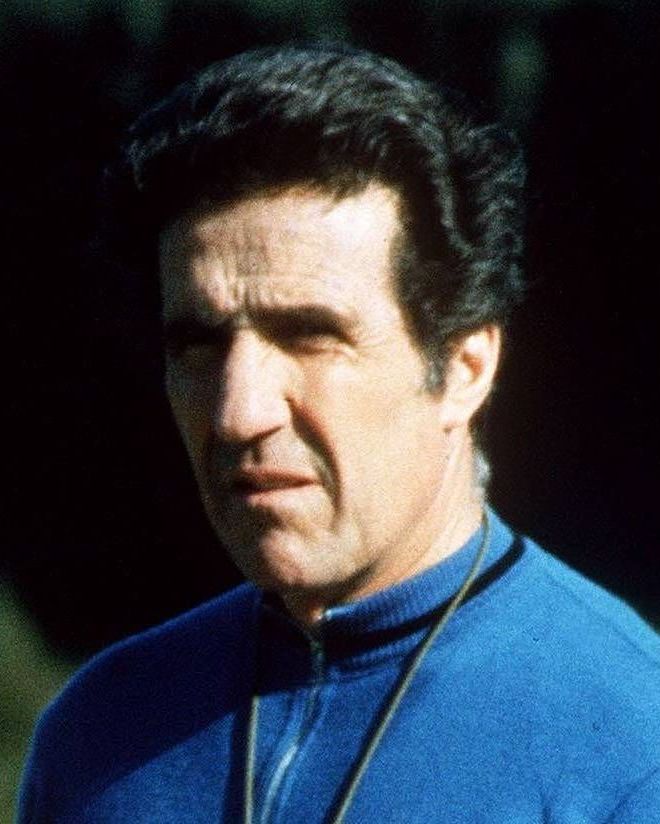
7. Ernst Happel
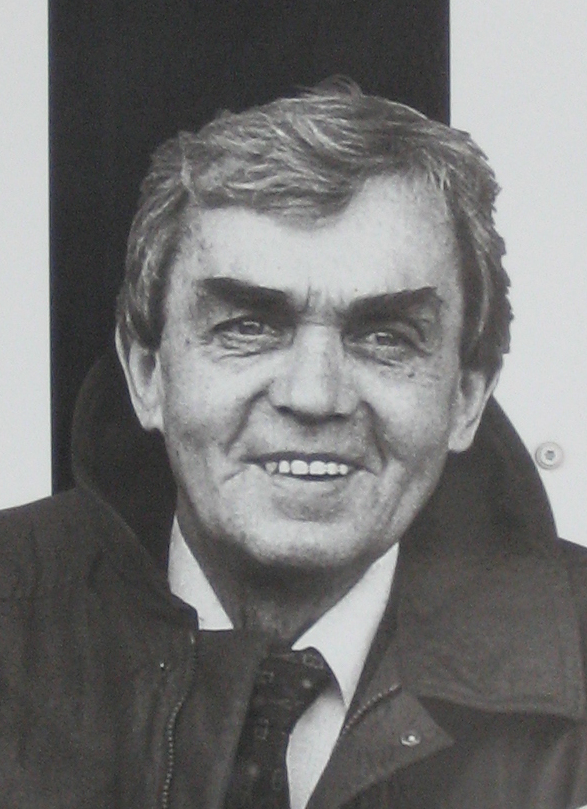
A rebel of his time, Happel was a tactical innovator who won European Cups with two clubs. His ideas paved the way for total football, and he remains a symbol of attacking, intelligent soccer.
6. Giovanni Trapattoni
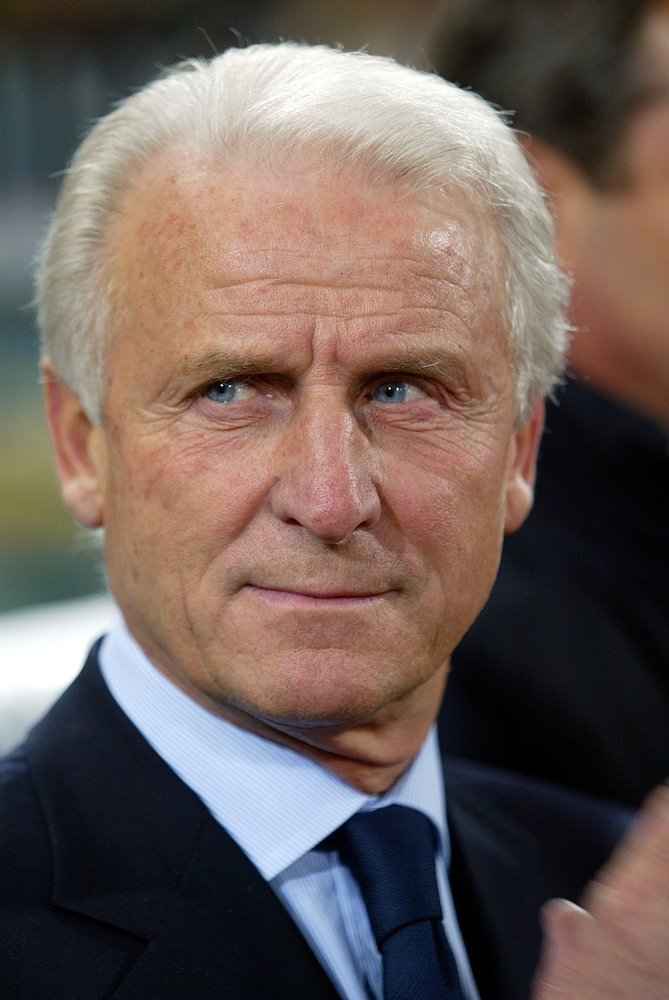
Trapattoni is Italy’s most decorated manager, with a career spanning Juventus, Inter, Bayern, and beyond. His pragmatic but winning formula made him a constant force in European football across decades.
5. Johan Cruyff
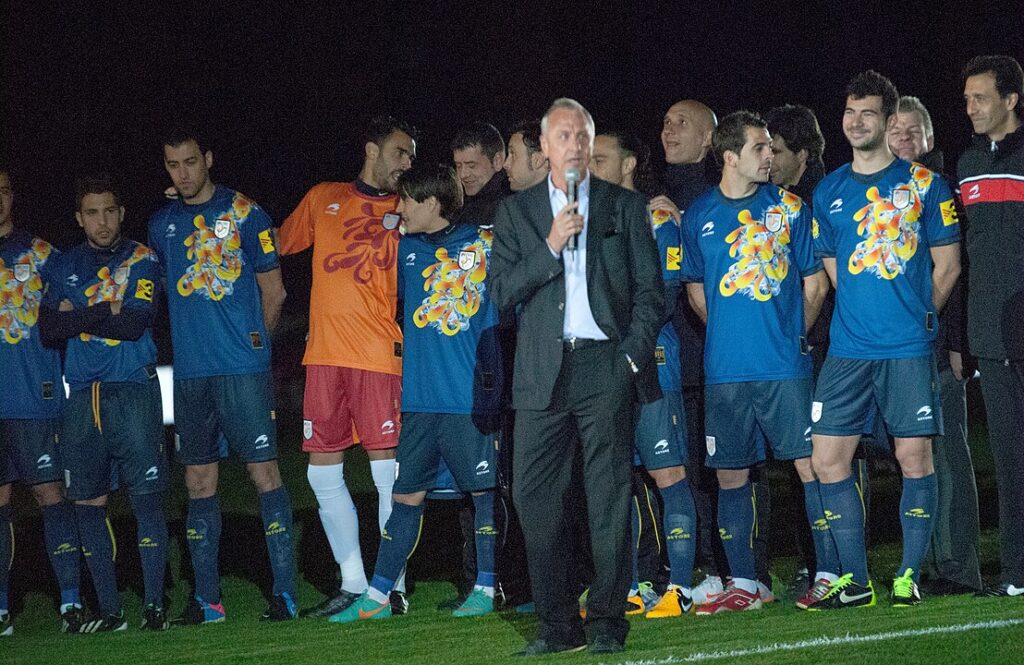
Cruyff shaped the very philosophy of modern football, both as a player and a manager. At Barcelona, he introduced positional play, youth development, and tactical fluidity—foundations that still guide the club today.
4. Rinus Michels
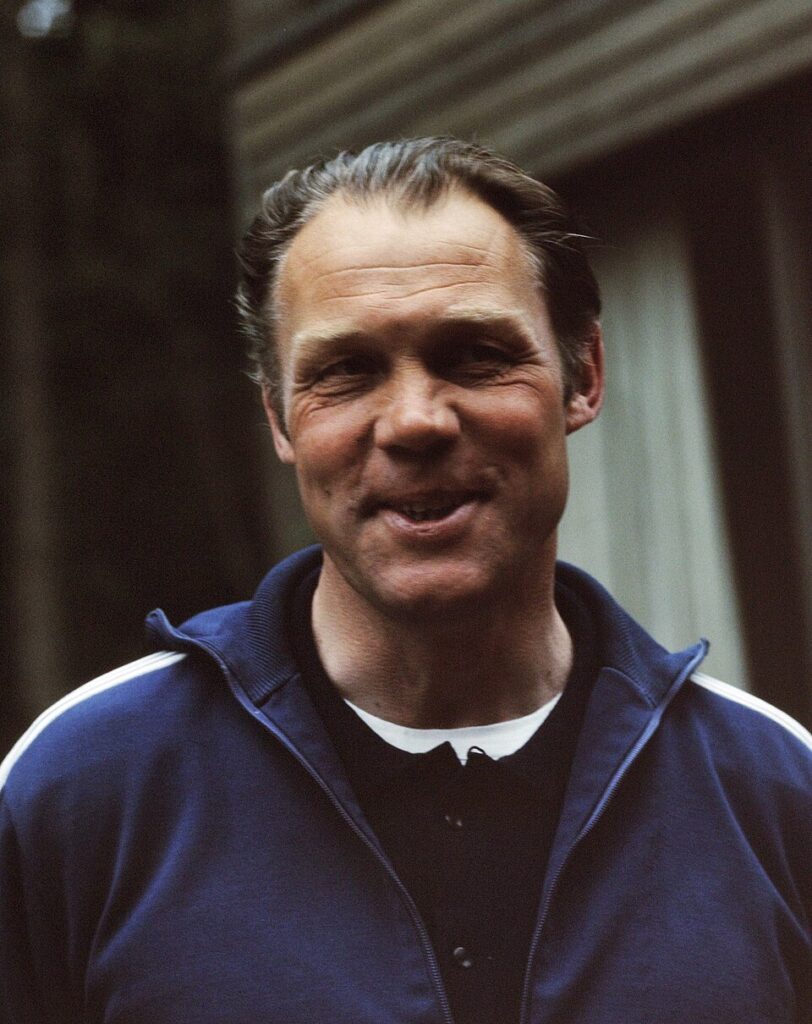
The father of total football, Michels redefined how the game could be played with fluidity, intelligence, and control. His vision bore fruit at Ajax, Barcelona, and with the Dutch national team.
3. Arrigo Sacchi
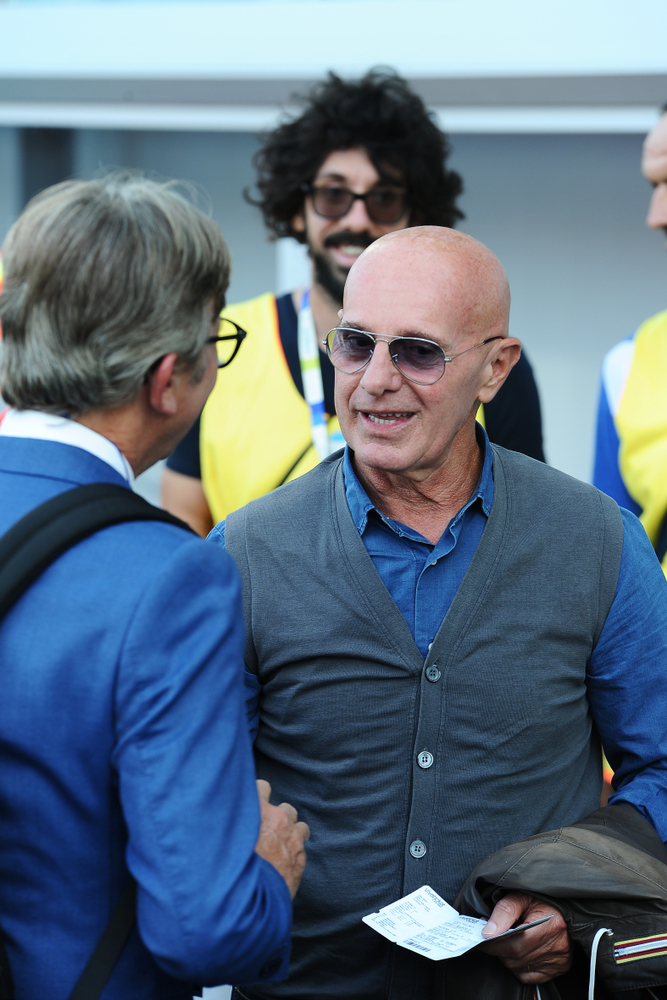
Sacchi demanded brains over brawn, transforming AC Milan into the most elegant, relentless machine in club football. His pressing game and coordinated attacking made fans and opponents alike marvel in awe.
2. Pep Guardiola
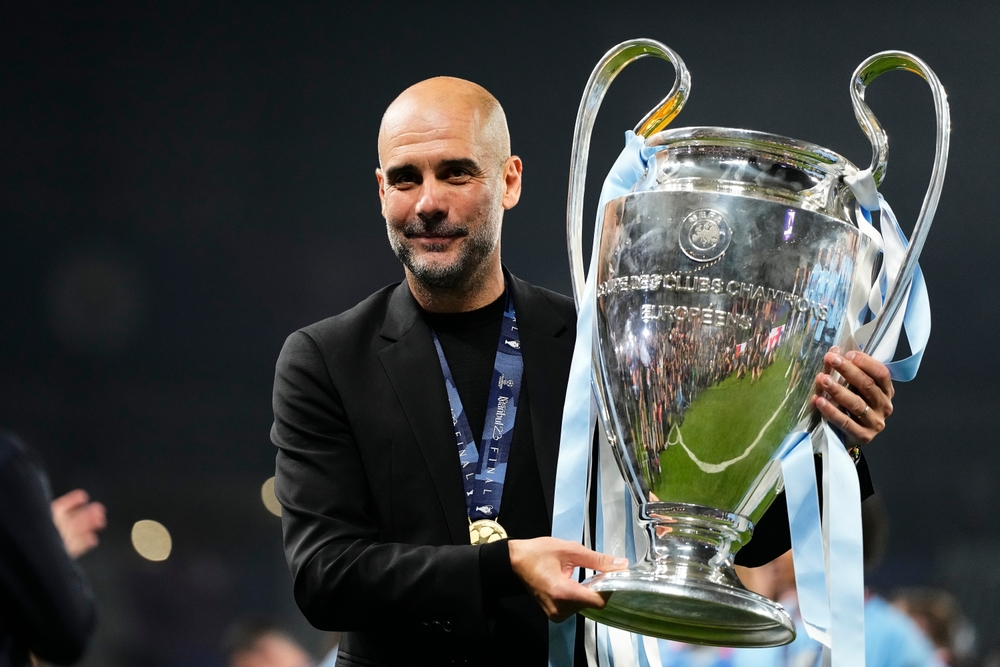
Guardiola has dominated three of Europe’s top leagues with a beautiful brand of football rooted in Johan Cruyff’s teachings. His ability to evolve tactically while maintaining control and flair makes him the benchmark of the modern era.
1. Sir Alex Ferguson
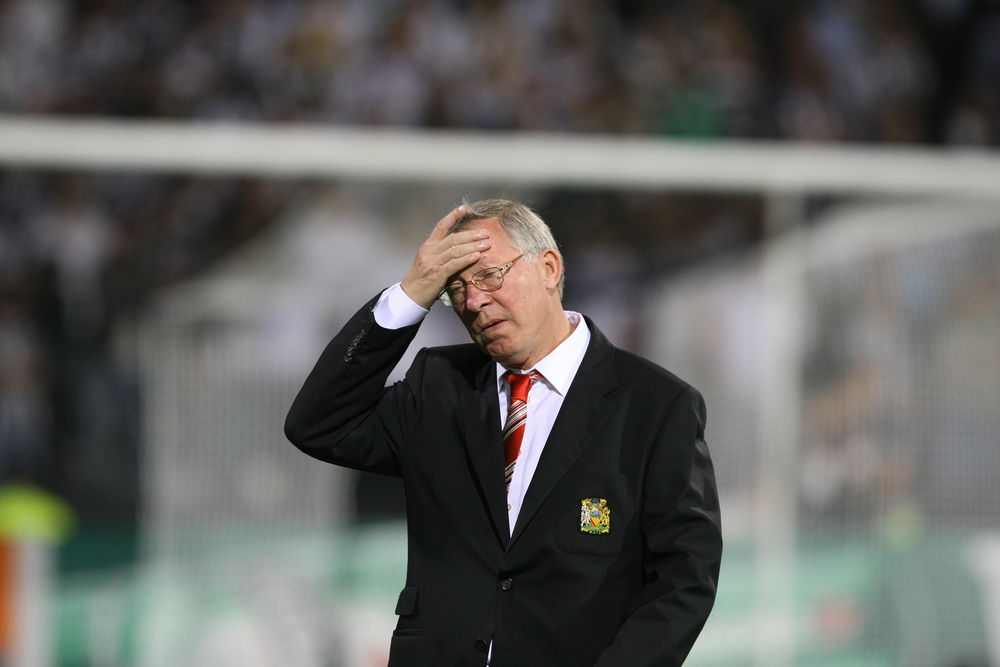
Ferguson’s longevity, adaptability, and ruthless winning mentality made him the greatest of all time. From Aberdeen to Manchester United, he built dynasties, mentored legends, and won trophies at a rate never seen before in football history.

